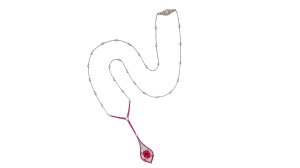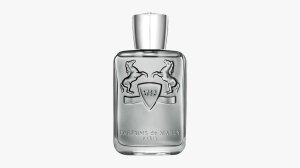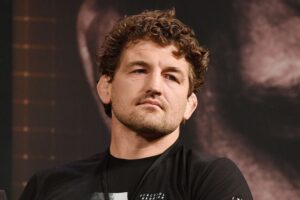
Kevin Dietsch/Getty Images
Health and Human Services Secretary Robert F. Kennedy Jr. has taken some heat for his views on health, but many come from personal experience. In September 1983, as a 29-year-old graduate of law school, his heroin addiction had become so severe that he got sick on a flight to South Dakota. When medics arrived at the airport to take care of him, heroin was found in his luggage.
Two days later, he checked into a rehab center in New Jersey for five months. He later pleaded guilty to possessing a small amount of heroin and served two years of probation that included rehab and volunteering with the Natural Resources Defense Council. He’s been clean ever since, according to the New York Times.
Kennedy credits 12-step programs with saving his life, attending up to nine meetings a week when he wasn’t on the campaign trail. During his short presidential run, he proposed tackling the addiction crisis by boosting Medicaid support for treatment and creating rural rehab farms (per the LA Times).
(Read about the medical condition that explains RFK Jr.’s voice.)
He became more interested in how his diet could affect his health when he began experiencing neurological symptoms such as brain fog and memory loss. A scan revealed that a parasite had eaten part of his brain and died. He believes it came from eating contaminated meat while in South Asia. Around the same time, he was also diagnosed with mercury poisoning from eating too much predatory fish. According to the New York Times, these experiences pushed Kennedy to take a closer look at his lifestyle and diet.
If you or anyone you know needs help with addiction issues, help is available. Visit the Substance Abuse and Mental Health Services Administration website or contact SAMHSA’s National Helpline at 1-800-662-HELP (4357).
RFK Jr. pays attention to his diet

Anna Moneymaker/Getty Images
Because Robert F. Kennedy Jr.’s mercury levels were more than 10 times higher than the safety standards set by the Environmental Protection Agency, he went through chelation therapy to remove the excess mercury. He also cut back on eating fish. High mercury levels can lead to memory and attention issues, increased risk of heart attacks, and high cholesterol. Larger fish like shark, swordfish, and king mackerel tend to have the most mercury because they feed on smaller fish that also have mercury. Lower-mercury options include scallops, oysters, and salmon.
As part of his Make America Healthy Again agenda, RFK Jr. wants to raise awareness about the health risks of ultra-processed foods. In an interview with Dr. Mark Hyman, he said he used to drink nine Cokes a day but hasn’t had soda in nearly a decade. Now, he opts for unsweetened iced tea. He’s also become a strong advocate for minimally processed foods and is especially vocal about his support for raw milk. However, the Centers for Disease Control and Prevention, a branch of HHS that RFK Jr. now oversees, says that raw milk can have bacteria that can make you sick (find out more about RFK Jr.’s diet).
RFK Jr. lives an active lifestyle
At age 71, RFK Jr. credits his longevity to a combination of fitness and supplements. You may have seen his viral post in 2023 doing push-ups while shirtless and wearing blue jeans. You can also see him banging out many reps on a pull-up bar while bodyweight influencer Ike Catcher holds a handstand above him on the same bar.
During a podcast interview with Lex Fridman, he said he starts each morning with a 12-step meeting followed by a hike. When he gets home, he practices meditation. Then he heads to the gym for an intense 35-minute workout with weights. After exercising for more than 50 years, he says that these shorter sessions make working out more sustainable.
To boost his longevity, RFK Jr. also takes a lot of vitamins. He told Fridman, “I couldn’t even list them here because I couldn’t even remember them all.” Part of his anti-aging protocol is testosterone replacement therapy (TRT). Testosterone levels typically decline in men as they age, causing reduced sexual function, an increase in body fat, and declining motivation. Although TRT can treat low testosterone levels, the Mayo Clinic says the research is still unclear about its effectiveness in healthy men.
Credit: healthdigest.com










